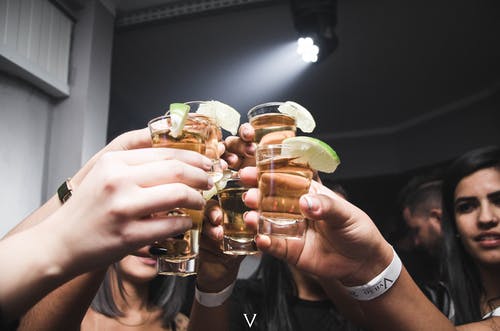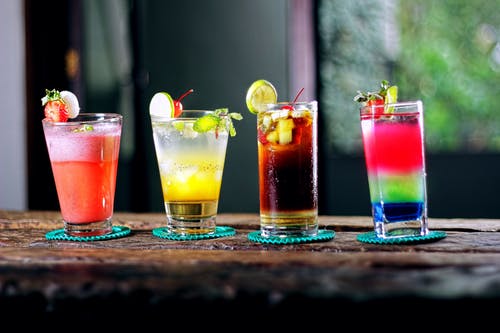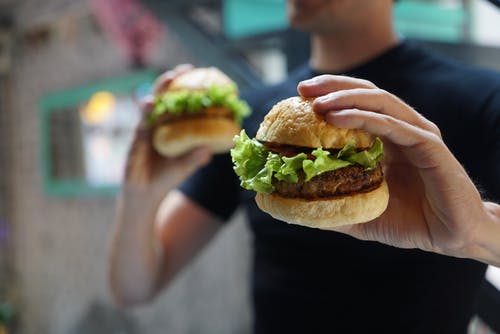

If you plan to drink alcohol, set a limit for how many alcoholic beverages you are going to have and stick to it.

Keep track of how many drinks you are having.

Limit your drinks to one or fewer per hour. Alternate alcoholic drinks with non-alcoholic drinks (specifically non-carbonated ones, as carbonation speed up alcohols' absorption).

Food slows the absorption of alcohol. Snacking will reduce your risk of getting too drunk.

Remember that women process alcohol at a slower rate then men, so women risk greater intoxication with lower alcohol intake.

Be sure to consider your body weight, mood, health, amount of sleep you've had, and the amount of food in your stomach. These all play a role in determining how alcohol will affect you. Avoid drinking if you are on medication.

Be cautious of getting into sexual situations when you've been drinking. Alcohol may lead you into sexual situations you might have avoided if you were sober. Also, safe sex can be a matter of life and death, and it's difficult to see the right decisions when you are intoxicated. Don't hassle your hosr when they want to be sure that you get home safely.

A solitary intoxicated friend is a considerable risk. Other people can and do take advantage of this situation, so make it a point to watch out for each other.